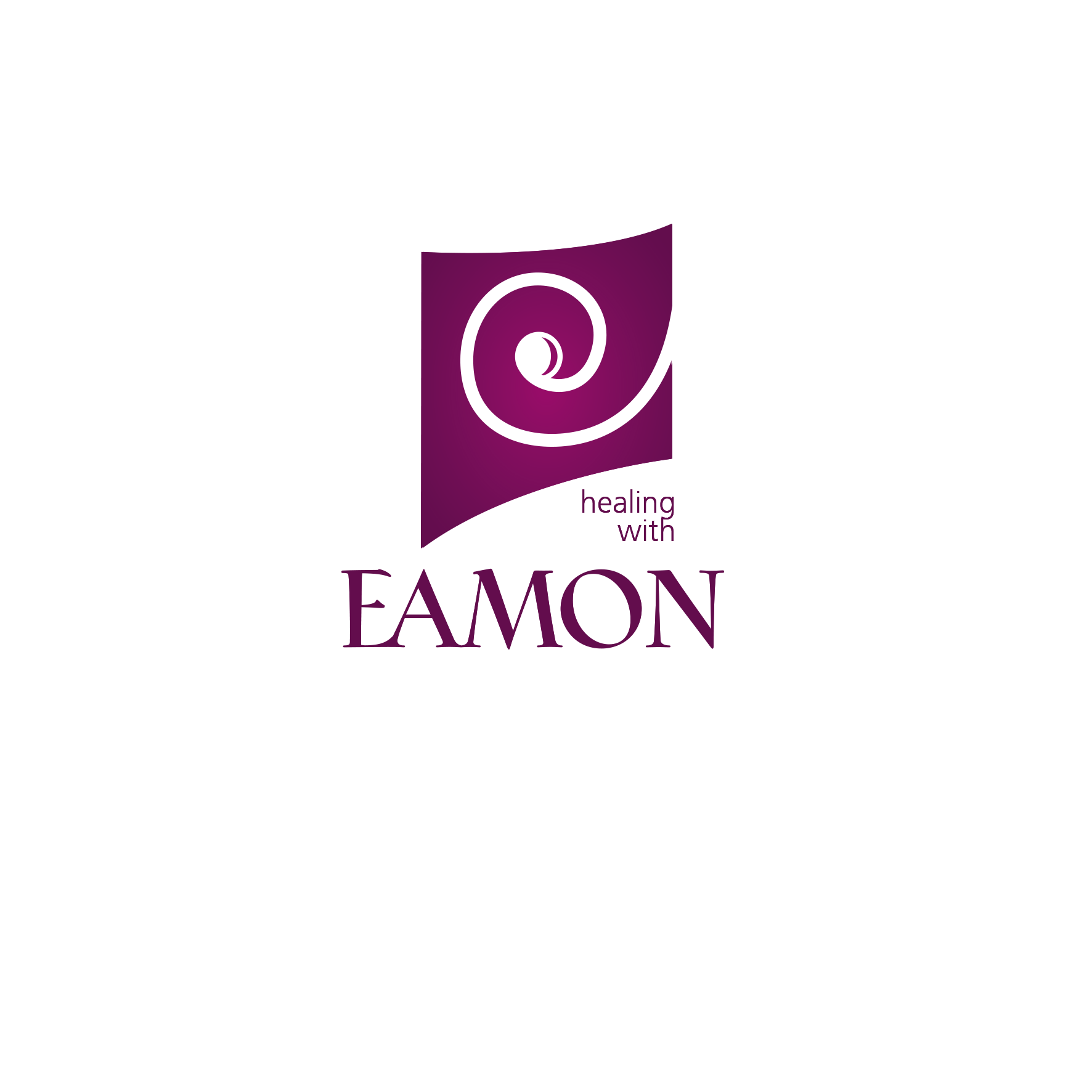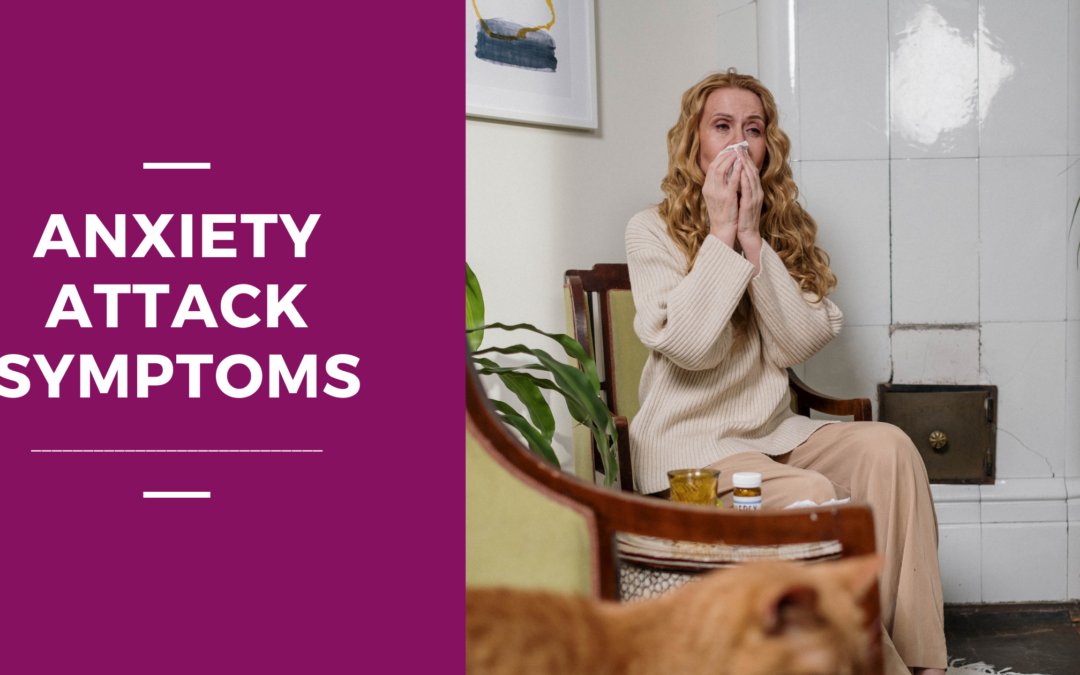Anxiety Attack Symptoms
Symptoms of Anxiety Attacks
Anxiety disorders are a group of mental health conditions where there is an increase in anxiety and other emotional symptoms. Panic disorders, social anxiety disorder and agoraphobia are all grouped under anxiety disorders.
Anxiety attack symptoms appear when there is a sudden increase in tension and fear, which occurs at the onset of an unexpected event or situation. In most cases, anxiety attacks are not physically based. They can occur during any situation that causes fear or concern to the person who is experiencing them.
What are the symptoms of an anxiety attack? There are a number of physical signs associated with anxiety attacks: your heart may start beating rapidly or irregularly, you may feel light-headed, you may start sweating, your breathing may become shallow, you may feel dizzy or faint and your muscles may begin to tremble in response to brain signals sent from your nervous system.
These signs can be experienced by anyone; however they usually happen when there has been a period of intense stress or fear that isn’t present for long periods of time before returning to normal over a period of time as well as during times of less intense stress. Anxiety attacks always happen at some point during their triggers; sometimes they occur immediately after the trigger event but more often they occur later on at certain times when you least expect them to happen (for example after returning home from work).
Cures For Anxiety attack symptoms
There is no mainstream cure for anxiety attacks because they are not being treated at the root cause as they should be. Any person suffering from anxiety attacks should undergo professional care if they experience severe physical symptoms while recovering from their attack but this shouldn’t be done if it interferes with their ability to function normally in other areas of life such as work, school or social activities.
Mainstream medicine dictates that there is no known effective treatment for anxiety attacks apart from medication. Having said that I myself have found that by simply clearing the auric energy field of a patient offers a very effective alternative healing treatment for many types of anxiety. Panic attacks which are also known as panic disorders or acute stress reaction have also been treated in this way.
Anxiety attack symptoms in young people
Stress, worry and anxiety have been linked to physiological changes in the body. Generally speaking, it’s difficult to pinpoint which biological process is triggered when experiencing anxiety. For many people, the physical response may be a result of a physiological stress response whereas for others, it could be an emotional response or both.
Anxiety attacks are a common side effect of anxiety disorders such as panic disorder and general anxiety disorder (GAD). An estimated 8% of people worldwide suffer from GAD at some point in their lives. In fact, since the early 1990s, GAD has skyrocketed in prevalence. This rise in prevalence has been attributed to more accurate diagnosis of illnesses by medical professionals as well as increased awareness of what it truly means to be “anxious”
5 Signs of anxiety attacks
Anxiety attacks can affect anyone. They come in many forms and may even occur at any time. A few warning signs of anxiety attacks include:
1. Nervousness or agitation
2. Tingling or burning sensation
3. Sweaty palms
4. Nausea and/or vomiting
5. Confusion, fatigue, and dizziness
What are the causes of anxiety attacks?
Anxiety and anxiety attacks can be such a common occurrence that we forget that it is completely normal for people to experience them. “Anxious” isn’t just a label; it is a term that describes the way we feel inside. It doesn’t mean you are going to go off the deep end, because that’s not what it means at all.
What is anxiety? Well, in general terms, anxiety is an overwhelming feeling of worry and apprehension. So, if you feel anxious, then you are certainly experiencing some level of anxiety. But what exactly does this mean?
Anxiety refers to either being on the edge of your seat or literally having an out of body experience (OBE). You may have an overactive mind that makes decisions faster than your body can respond or you may feel like you are floating through space. You may even see things or hear voices that aren’t there. While all of these symptoms are legitimate forms of anxiety, they do not necessarily mean you have an anxiety attack.
A panic attack is defined as a sudden onset of intense fear and physical discomfort with no warning whatsoever. If a panic attack happens more frequently than once every two weeks, it is classified as a panic disorder (PD). Those who experience two or more attacks per month should seek help and treatment because panic disorder can be very dangerous for those who are constantly afraid.
How to treat anxiety attacks naturally?
An anxiety attack is the intense fear, nervousness, and physical discomfort associated with a sudden attack of panic. These attacks are the manifestation of poor decision making and poor decision making habits.
So, what are the symptoms?
At some points in life, we will need to be able to face some uncomfortable situations. There is a lot of information available on overcoming fear that’s helpful. However, many people have become overwhelmed with the information they’ve seen so far and they don’t know what to do next.
So here’s a simple guide on how to handle anxiety attacks naturally:
#1: Stay calm when you feel scared or nervous
#2: Do not be afraid of having an anxiety attack; it will pass
#3: Know why you have an anxiety attack; it’s for a good reason
#4: Use your breathing techniques before and after an anxiety attack if possible
#5: Use relaxing music or guided imagery before and after an anxiety attack if this helps (exercises here)
Conclusion
If you are experiencing a panic attack, the first thing you need to remember is that it is not a life threatening situation. The real danger comes from the anxiety itself. If you can control your breathing and calm yourself down, most people can get through an anxiety attack. However, if your panic attack lasts longer than about 15 seconds, and you cannot control your breathing and panic attacks continue for over 30 minutes at a time, then you should seek professional help.
It can be easy to assume that anyone who experiences an anxiety attack was somehow responsible for their own problems but in reality, it is extremely common for people to have what is known as “anticipatory anxiety” which is a fear of having an anxiety attack before they have even experienced one themselves.
You might think that someone who has had an anxiety attack would be able to avoid them entirely but experts suggest that the easiest and most effective way of preventing an anxiety attack when it occurs is by remembering these 3 basic facts:
– Anxiety attacks do not discriminate between people based on race or gender.
– Anxiety attacks will happen regardless of how much sleep you have had.
– You can prevent or at least delay the onset of an anxiety attack by managing your subtle energy fields.
Do not expose yourself to further dangers and risks by waiting until the last minute before learning how to manage your energy body – this will reduce your chances of having a panic reaction in the first place.

Eamon Mc Grenaghan has been helping people heal from all forms of emotional and physical ailments since late 2015. His unique gift of Spiritual Insight and understanding of ancient healing techniques allows Eamon to heal from a distance through the quantum field.
Formerly an IT freelancer, Eamon now assists the spiritually aware awaken and tap into their own Divine essence. Your innate spiritual gifts and psychic abilities will be reignited for the purpose of lifting humanity to a higher level of consciousness.


